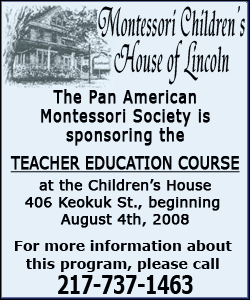| ||||||||
| ||||||||
Ami Gadhia of Consumers Union said infants are exposed to phthalates through toys, teethers and health care products. While there is no conclusive evidence that the chemical causes health problems in humans, she said a recent study found that mothers reported use of infant lotion, infant powder and shampoo was significantly associated with phthalate urinary concentrations. But phthalates, said Sharon Kneiss of the American Chemistry Council, "are an important part of our everyday lives. There is no scientific basis for Congress to restrict phthalates from toys and children's products." Under the new third-party testing regimen, a standards organization would set up and run a mandatory protocol that testing labs would have to meet to certify a product. No covered children's product or toy could be imported without a certification mark. The CPSC has authority to approve and audit the certifications. The negotiators also resolved to make more products now covered by voluntary industry standards subject to mandatory standards. That step added several potential toy hazards, including goods containing small magnets that were included in products recalled last year, subject to third-party testing requirements. Among other provisions, the bill requires the CPSC to adopt safety standards on all-terrain vehicles and close a loophole where cribs sold secondhand were not subject to the same standards as new cribs. ___ The bill is
H.R. 4040. ___ On the Net: Congress: http://thomas.loc.gov/ 
[Associated
Press;
Copyright 2008 The Associated Press. All rights reserved. This material may not be published, broadcast, rewritten or redistributed.

News | Sports | Business | Rural Review | Teaching & Learning | Home and Family | Tourism | Obituaries
Community |
Perspectives
|
Law & Courts |
Leisure Time
|
Spiritual Life |
Health & Fitness |
Teen Scene
Calendar
|
Letters to the Editor